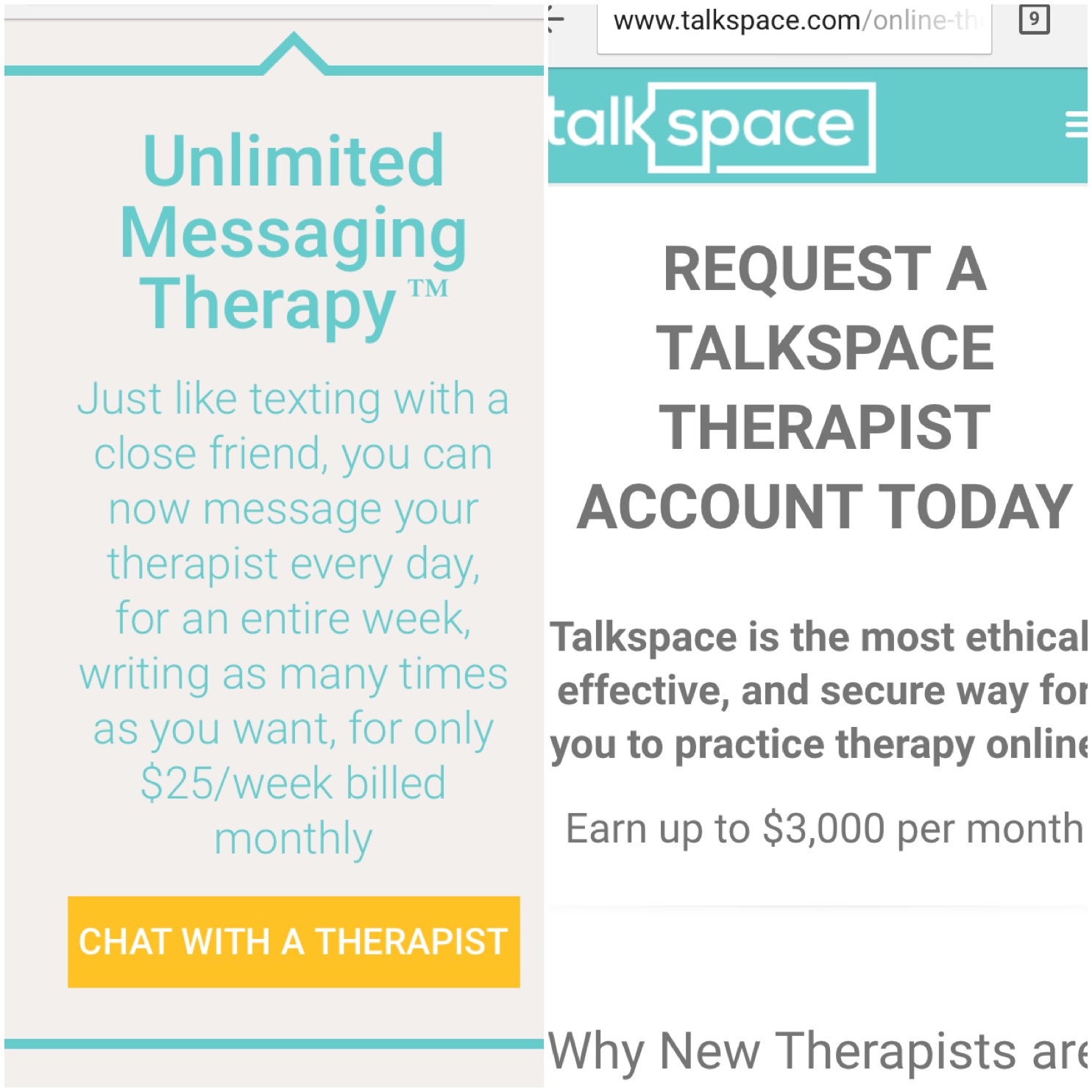The practice of psychology is generally regulated at the state level and overseen by some type of board of regulation of psychologists. Given the relatively new nature of electronically delivered therapy, it's proba ably not directly addressed in a regulation, but may be covered in a board position paper. Here's an example from my state:
http://www.mass.gov/ocabr/licensee/...ovision-of-services-via-electronic-means.html
In MA, the therapy is considered to occur where the client is located. As the board states, any legal or ethical complaints regarding services delivered to a client in MA will be heard by the MA board, and thus the clinician will be subject to MA regulations and need to be licensed in the state to legally provide any type of psychological services to someone physically located in MA. I'm guessing other states have similar policies. The MA board of registration of Social Workers and board of registration of Mental Health Counselors have similar policy statements.
Interestingly, the board position statement has comments about concerns for the effectiveness of e-services, with criticisms of the type that "[as the psychologist] loses the kind of direct contact with a patient/client that occurs in an in-person, face-to-face office, the psychologist incrementally loses much of the richness of interaction which, as any psychologist knows, comes with traditional face-to-face contact." I would hope that they have some evidence for that statement. I can provide some direct contradictory evidence- I am a psychologist (legally) in their jurisdiction, and I, in fact, don't "know" that. It was addressed in my training (wasn't an issue back then), and it hasn't come up in my professional development since then. If I were to ever consider providing such services, I would have an ethical obligation to "know" such things, but until then I don't. All the board really knows about what I know is that, at the time I took them, I "knew" the answers to about 75% of the questions on the EPPP and jurisprudence exams. Anything else is supposition and seems a unrelated to the duties of the board. In the linked document, they basically say "we don't like it, but you can do it if you follow the rules."

